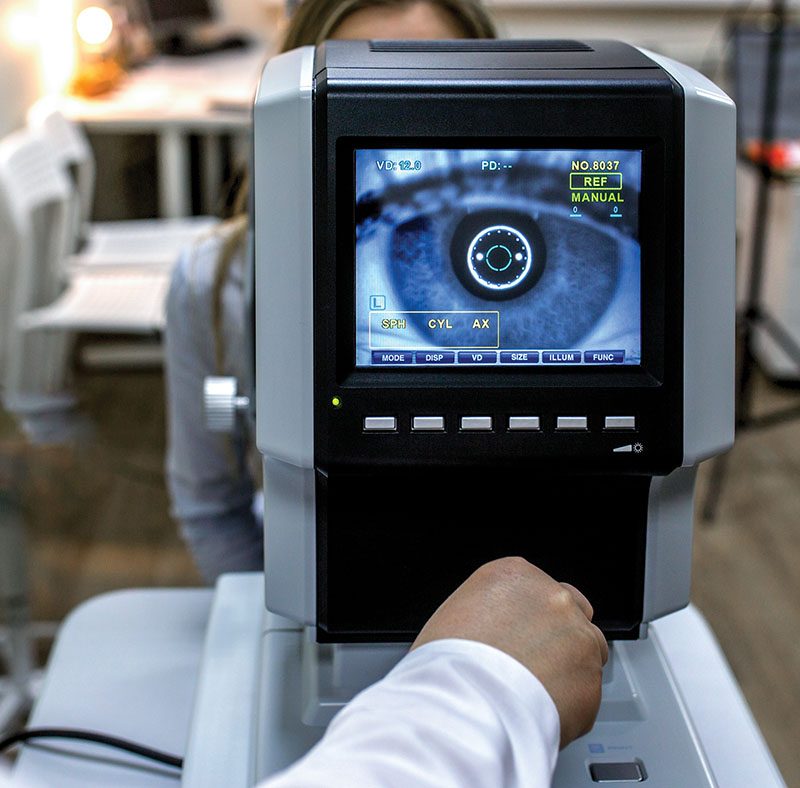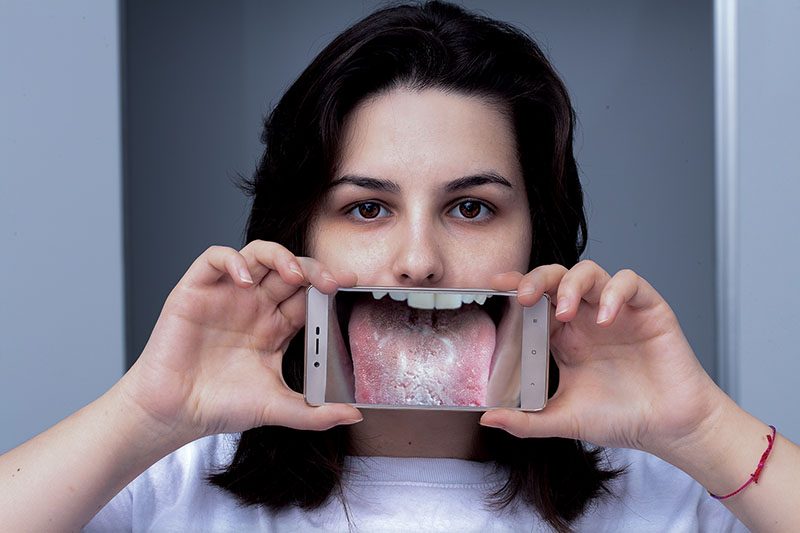DAN® medics and researchers answer your dive medicine questions.
Q: I have nonradiographic axial spondyloarthritis and hope being underwater will help relieve my joint pain. I take Celebrex as needed, and my recent stress and lung function tests came back normal. Is it safe to dive with my condition?
A: Nonradiographic axial spondyloarthritis (nr-axSpA) is not well understood in rheumatology. The symptoms vary in each person, so doctors must evaluate everyone individually. Back pain is often the first sign of the disease and may be problematic for diving. Divers carry between 40 and 50 pounds of weight, including gear and cylinders.
Divers should be able to don and doff their gear unassisted, move around on rocking boats, perform shore entry and egress (often under challenging conditions), and climb dive ladders with gear on. Any of those scenarios could potentially exacerbate your symptoms. Although the shoulders bear much of the gear weight, it can also transfer to your back and hips. You should also consider if the condition is affecting your other joints, which often occurs with nr-axSpA.
Your effort to relieve joint pain involves achieving neutral buoyancy, but that requires some physical exertion. Additionally, nr-axSpa often progresses into ankylosing spondylitis with inflammation where tendons, ligaments, or joint capsules enter the bone, which can lead to spinal fusion and reduced mobility. It can take years for the disease to progress that far, or it may never progress, but it is still a consideration.
Your physician should also consider other symptoms such as psoriasis plaque, gastrointestinal upset, and eye inflammation that are often associated with spondyloarthritis when determining your medical fitness for diving.
Guidelines for diving may exceed the exertion required for land-based sports. DAN can provide those guidelines to help you and your physician make an informed decision about your fitness to dive.
The most crucial factor is your ability to handle diving’s physical demands. If the medication manages the disease and your physician considers the condition well-controlled, diving may not be an issue. Experiencing side effects — such as dizziness, nausea, vomiting, or abdominal pain — is reason enough not to dive. Pain should be controlled so it won’t confuse the presence of pain-only decompression sickness (DCS), should it occur.
Anything that compromises your safety is an absolute contraindication for diving. Since this condition involves inflammation, it is important to understand that dive medicine experts believe inflammation plays a significant role in the pathophysiology of decompression illness. We don’t know if someone with an underlying inflammatory condition has a significantly higher risk of DCS. If you decide to dive, it would be prudent to be conservative.
— Lana P. Sorrell, MBA, EMT, DMT
Q: I have Holmes-Adie syndrome and have had a CT scan, an MRI, and visits to an optometrist and ophthalmologist. My pupils are different sizes, and the tendons behind them don’t respond, so they do not contract as they should in sunlight. Can I dive, or will diving make it worse?

A: The primary manifestation of the neurological disorder Holmes-Adie syndrome is unequal pupil size resulting from the eyes’ slow reaction to direct light. Potential causes vary, but many cases result from inflammation or damage to the nerves that carry the signals that help control the body’s involuntary functions, such as the pupil’s response to stimuli.
Common symptoms include blurry vision, unequal pupils, photophobia (sensitivity to bright light), headaches, facial pain, and sluggish tendon reflexes. Some of these symptoms can mimic those of DCS and may make it difficult for a physician to assess an issue you have while diving. Consider obtaining a note, image, or description from your physician that documents your current medical status and baseline symptom presentation. Keep the note with you to present to medical personnel if suspected DCS occurs.
The fluid-filled eyeball attains ambient pressure with no volume change, so pressure increases at depth aren’t a concern, but seeing clearly before, during, and after diving is important. If your syndrome affects your vision, you may be unable to read gauges or properly respond to a situation requiring urgent attention. Divers should be able to read a compass and pressure, depth, dive time, and decompression gauges and instruments. Your vision needs to be clear to locate and navigate entry and exit points and see and recognize your buddy.
Before diving, seek a fitness-to-dive evaluation from your treating medical physician. Your physician team must evaluate if your condition is benign and, if necessary, rule out a range of serious conditions that could be its cause. DAN can consult with your physicians and help them better understand your needs as they pertain to diving.
— Anne Strysniewicz, AEMT, DMT
Q: I recently returned from a liveaboard trip to Turks and Caicos, where I did three dives every day for one week. My mouth began to hurt during the final two days. I assumed it was related to holding the regulator for so many hours underwater. Since I returned home, however, I’ve developed a case of oral thrush. I saw my primary care physician and am now using antifungal medication. Can oral thrush be associated with diving?

A: These infections can affect anyone, and their cause (the fungus Candida albicans) is ubiquitous. Under normal circumstances, our immune system and our normal flora keep it at bay by working to repel harmful invading organisms. When our immune systems weaken from age or another cause, or when we wipe away our normal flora, this germ can become an opportunistic pathogen and cause an infection.
Poorly fitting dental appliances such as dentures have also been associated with this condition. Prolonged use of a poorly fitting mouthpiece could have had some impact in your case.
The fungus is everywhere — including in our skin, mouth, and digestive tract — so it may be difficult to establish a cause-and-effect relationship between your recent dive history and the oral thrush. Your physician should be able to assist you and rule out a weakened immune system as a cause. Once the condition clears and you are no longer taking medication to treat it, and if no uncorrected underlying cause exists, your physician’s review should establish a plan for your return to diving.
— Shannon Sunset, NCPT, NREMT
© Alert Diver — Q1 2023